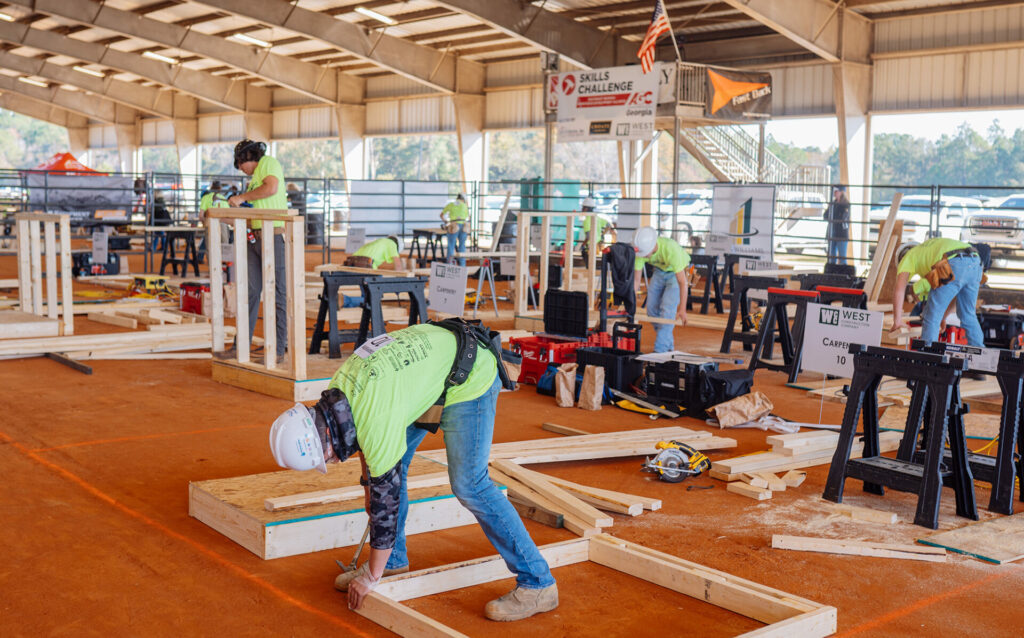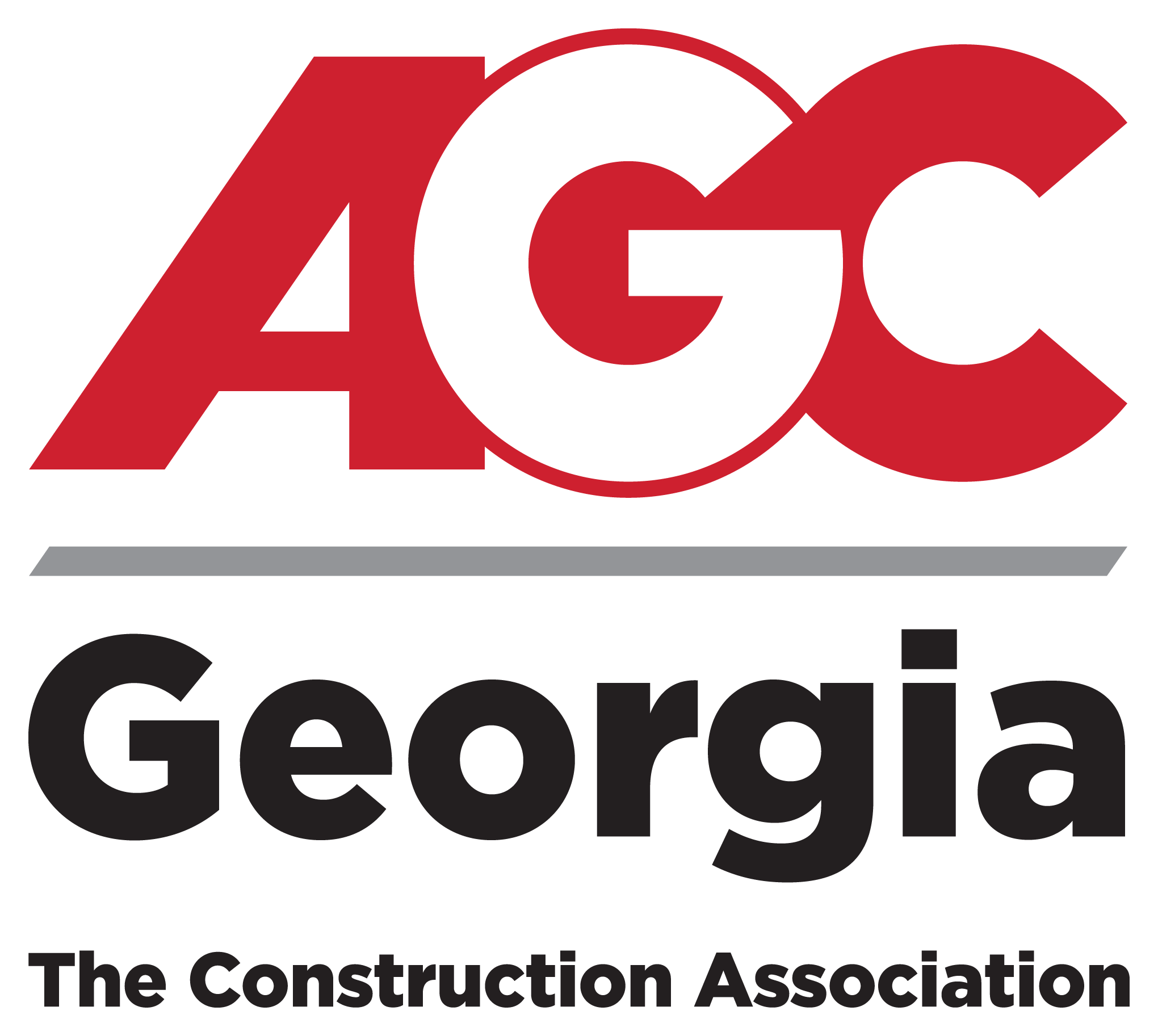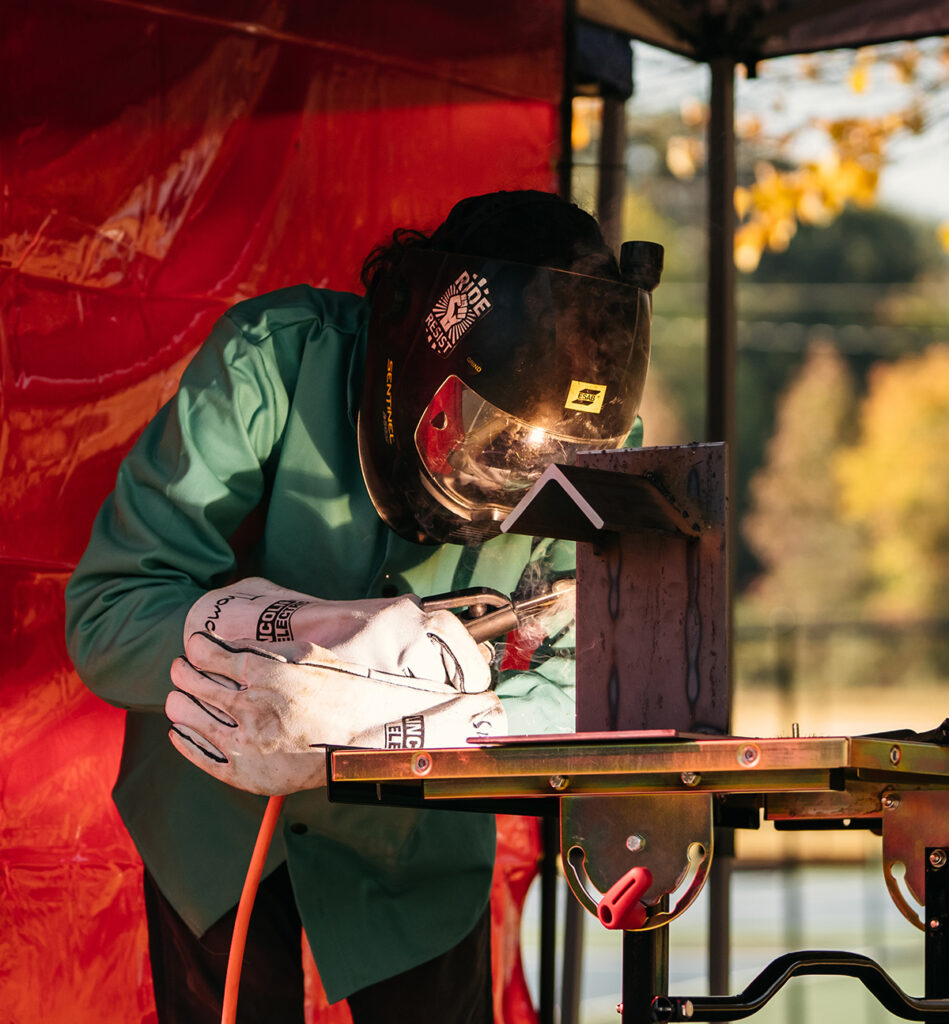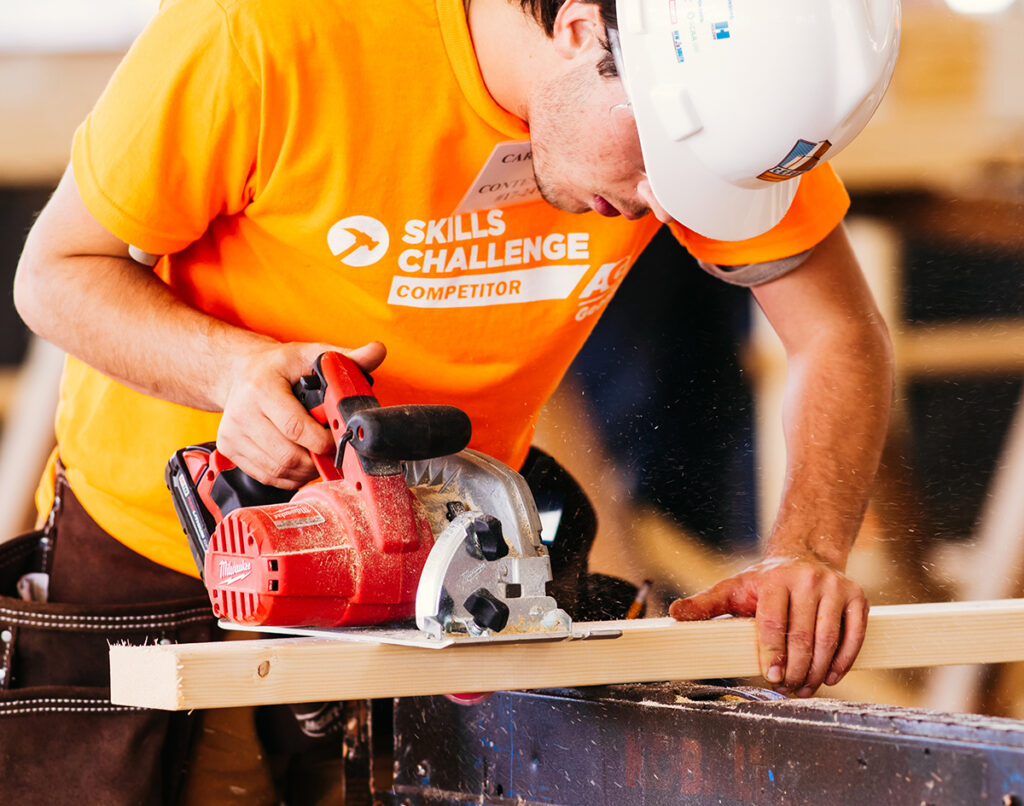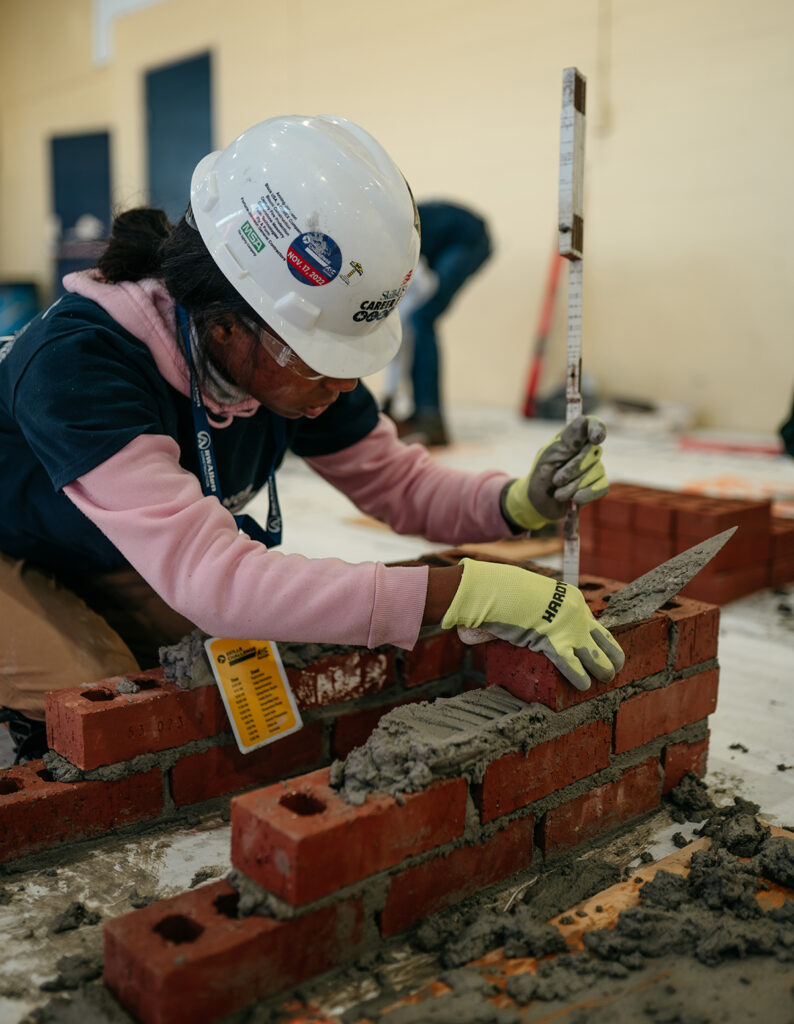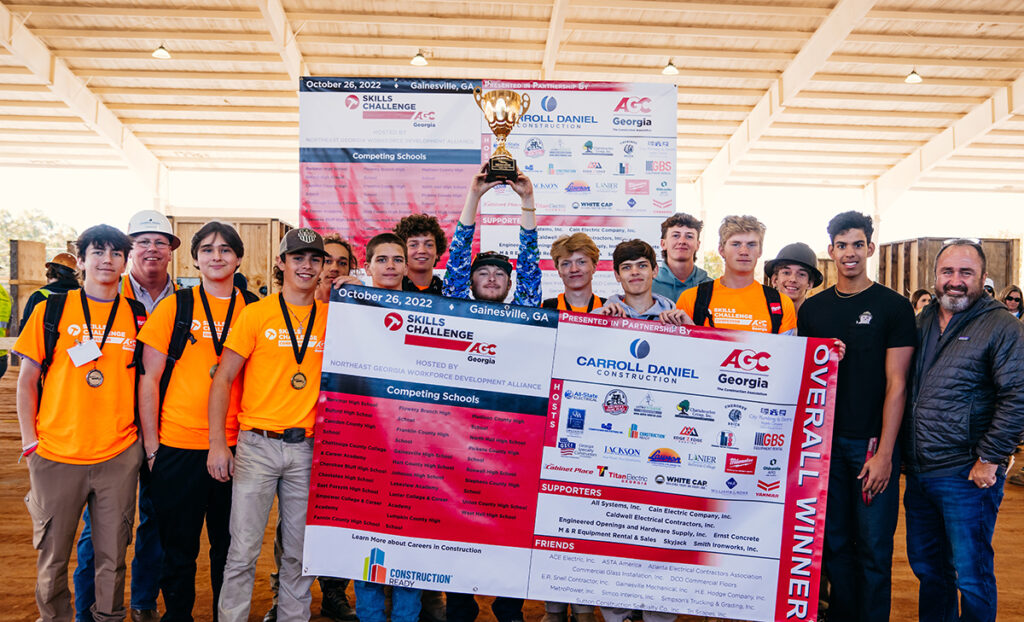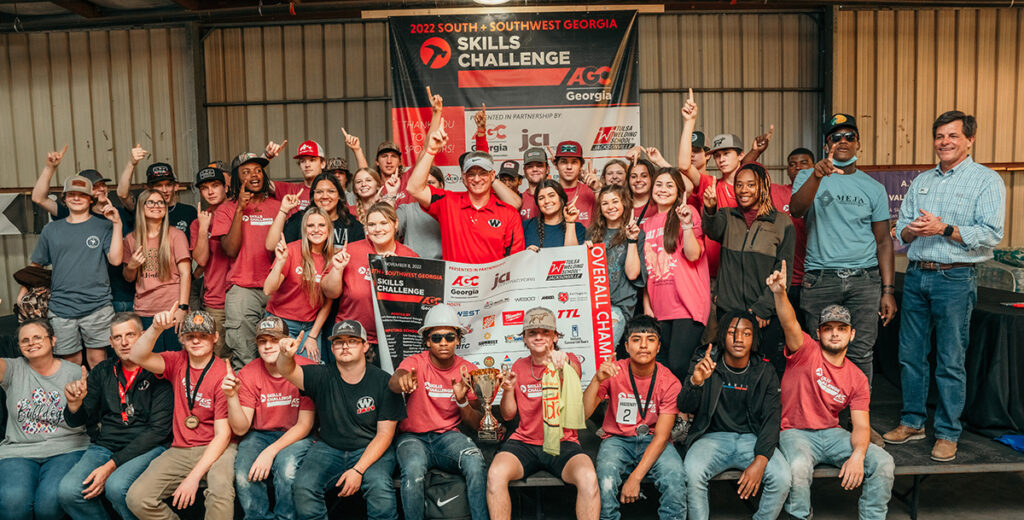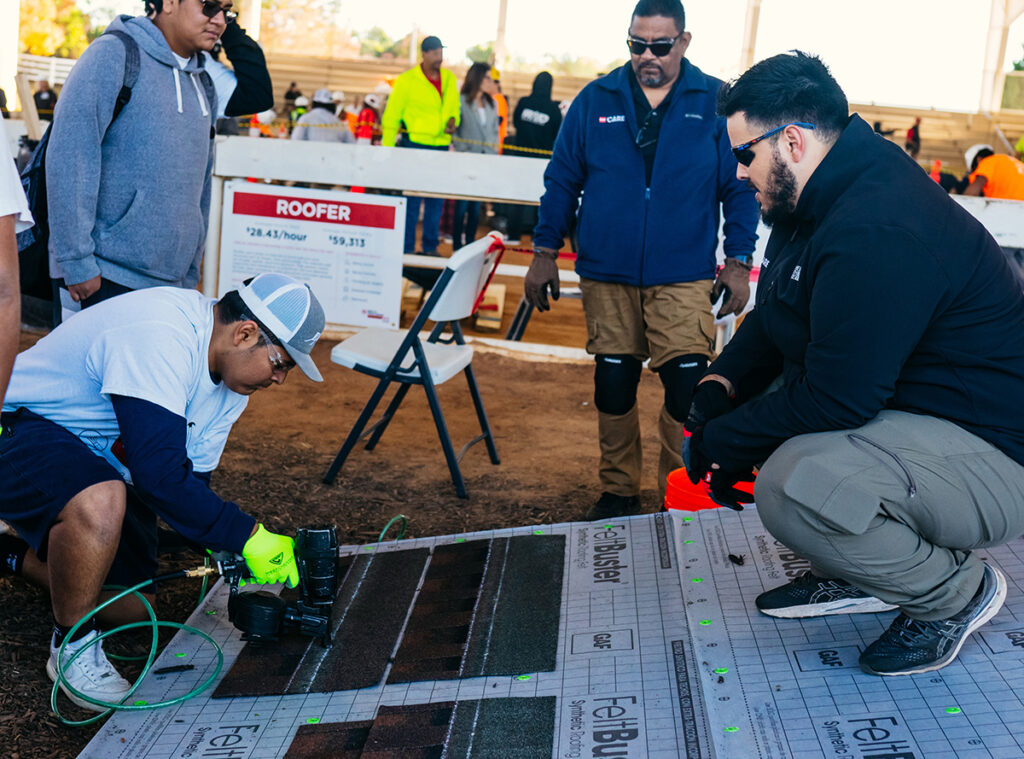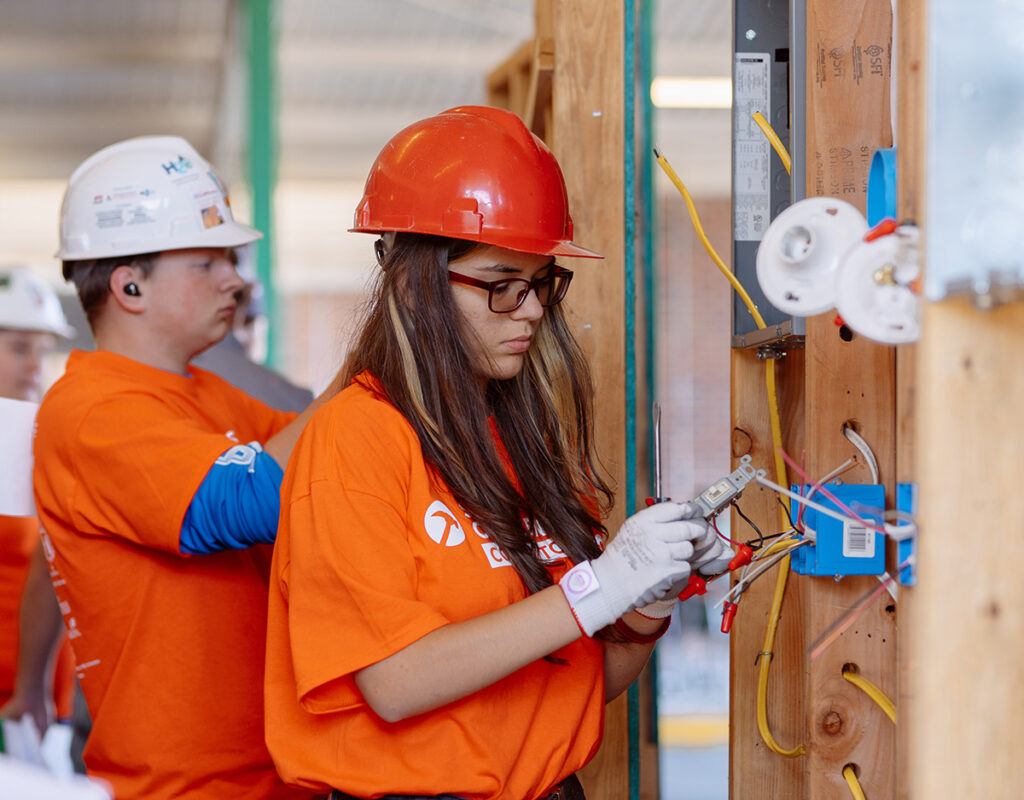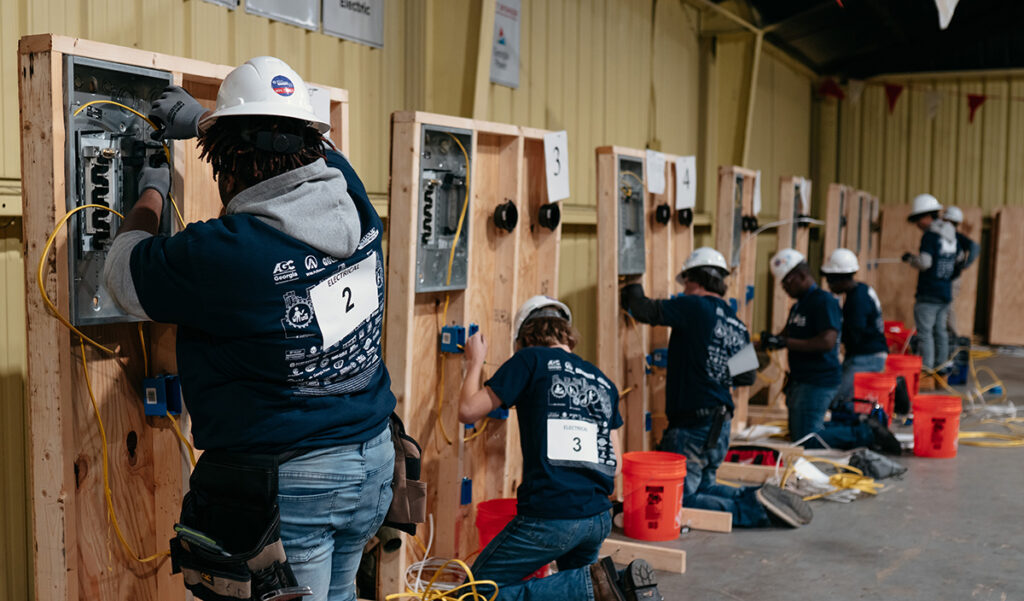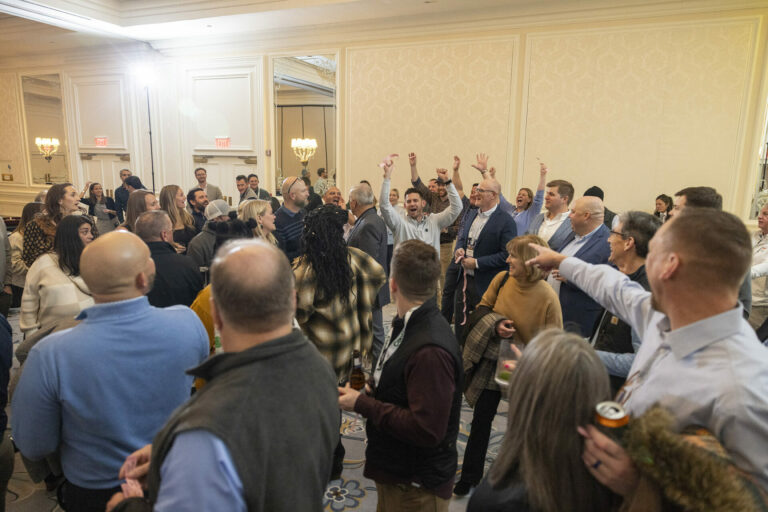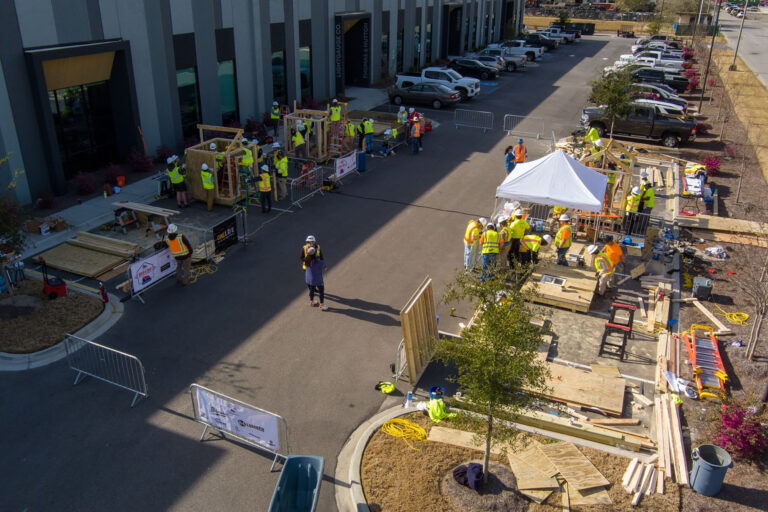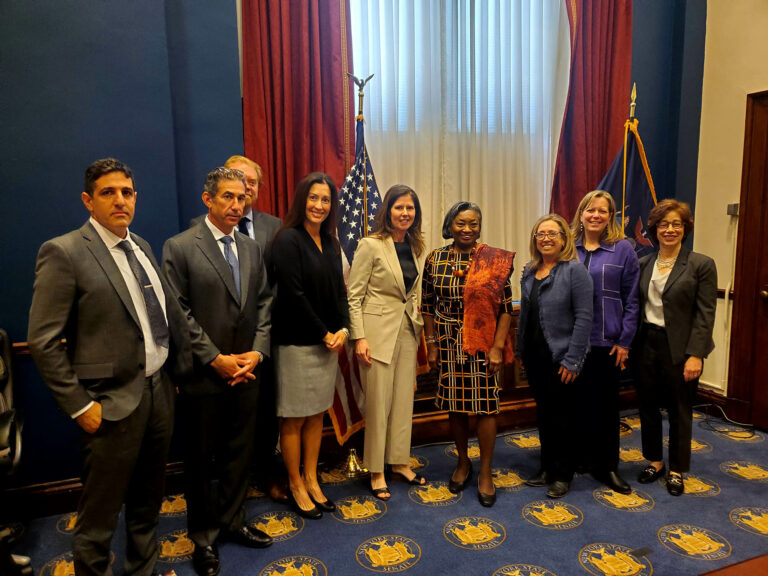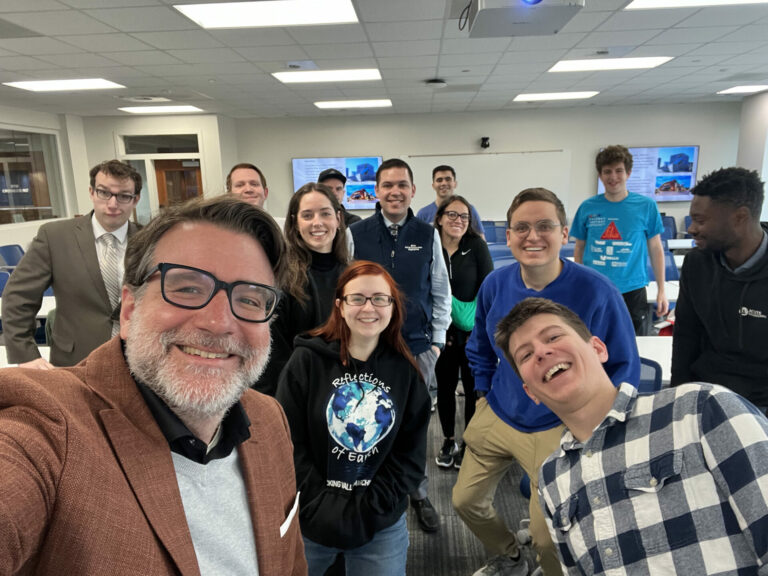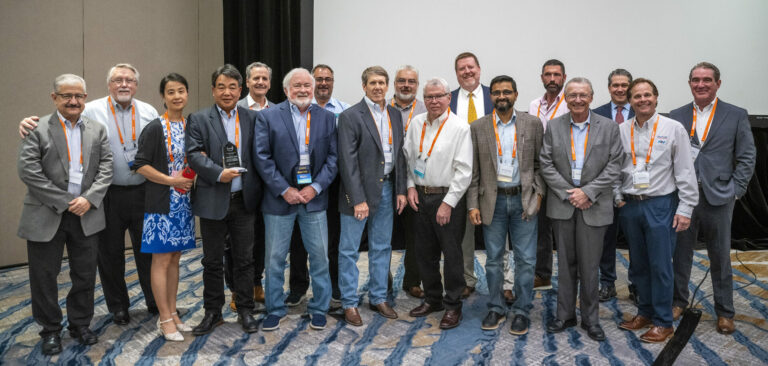The Associated General Contractors of Georgia (AGC Georgia) is the leading state-wide professional trade association. The 600-member group allocates a tremendous number of resources to a variety of initiatives. Advocacy, innovation, and DEI opportunities are key priorities, as is sharing safety best practices, but finding innovative ways to attract young people to the industry is often the one area of focus that gets contractors talking. Members share that the pipeline of skilled talent isn’t nearly large enough to fill the need caused by the numbers of seasoned craftsmen who are nearing retirement age. For this reason, workforce development consistently ranks as the association’s top priority.
Lack of talent poses a significant problem, especially if the industry is to take full advantage of investment dollars available in the private sector for construction and other projects by local governments and even the Bipartisan Infrastructure Law passed by the Biden administration. Proactive strategies to attract and train new employees are vital, according to AGC Georgia’s CEO Mike Dunham.
“Workforce development is one of the most important things we do. We have an aging population of construction workers and it’s safe to say that the industry has not done a good job encouraging young people to consider careers in construction. Added to that, a big pendulum swing occurred over the past 30 years where influencers told young people they couldn’t be successful without a college degree. This can’t be farther from the truth. You can be very successful, have a high paying job and never go the college or university path,” Dunham says.
It seems that increasing numbers of young people agree with Dunham. Data from the U.S. Department of Labor indicates college enrollment has declined by 9 percent since 2010 while the number of students taking up apprenticeships has grown by 64 percent since 2012. With the average cost of an on-campus, state-college education topping $25,000 per year, this immerging shift towards an ‘earn as you learn’ model is perhaps unsurprising. However, Dunham believes the construction industry needs to impact young people long before they reach high school and that the secret to attracting fresh faces is early contact.
“Many years ago, we realized you can’t wait until students are in the ninth grade and declare a career pathway at their high school. It’s too late to pro-actively encourage them to consider construction by then. So, we’re starting programs as early as second and fifth grades and for middle schoolers. Perhaps equally important as reaching the students, we also know that their influencers must be educated on our career opportunities, too. You must lead the way in the hearts and minds of the parents, and you must educate school counselors.”
Dunham has no doubt that this is the way forward. He believes everyone within the industry has a role to play, including AGC Georgia members. “For many years, I have challenged contractors to get out from behind their desk and go shake the hand of a high school or technical college instructor in their area. I encourage them to find out what those instructors need to create a more dynamic curriculum. What materials can the industry help provide? I ask them to volunteer time to be a guest speaker in the classroom or even host students for a jobsite visit. All of these industry-to-classroom connections help young people envision a career path within our industry.”
To this end, AGC Georgia has become fully and enthusiastically dedicated to its Skills Challenge series. Since inception over a decade ago, the Skills Challenge series has grown significantly. In 2023, the program will expand to host eight regional events for high school students. These day-long events are designed for both competitors and student observers to explore their potential within the industry. This state-wide workforce development initiative is supported by hundreds of industry firms who provide hundreds of thousands in sponsorship dollars to a core group regional contractors who serve as hosts with AGC Georgia. Serving as a host contractor requires hundreds of hours of time and expertise. It’s evident by the broad support from the industry that firms value these events which serve as a grassroots way to build a sustainable talent pipeline for the entire industry to benefit from.
AGC Georgia is proud of efforts to welcome not only students and their instructors at the Skills Challenges, but hundreds of influencers including state legislators, school superintendents, high school counselors, mayors, school board members, and leaders from the Department of Education and Technical College System of Georgia.
Dunham shared, “In the fall of 2022, we had over 1100 student competitors and even more student observers in attendance representing 89 high school construction programs throughout Georgia. The demand is so great that we’re adding an eighth regional event in 2023.”
Sounds very positive and proactive, but what exactly is the Skill Challenge event? How does it work? “It’s a competition and the students take it seriously. For some competitors, this is their Friday Night Lights moment. Skills Challenges are a primer for a student’s journey to compete in the regional SkillsUSA construction program. The students can practice in our competitive setting to fine tune their specific craft, whether it be carpentry, electrical, masonry, plumbing, or welding. They’re given a project and have two hours to complete it. They are judged on workmanship, adherence to safety guidelines and how well they bring their project’s plans to life.”
“All of these industry-to-classroom connections help young people envision a career path within our industry.”
Dunham says the types of projects include brick walls, framed up and blocked out for a window, electric paneling with wiring systems for switches and plugs, plumbing utilizing both brass and plastic connections, masonry projects involving diagrams for a stone wall that the student must put together. All is very hands-on and translatable to today’s commercial construction needs.
“Several regions have enough space at their venue to offer a blueprint reading competition, which is a big component of our industry. Students are given a set of commercial construction blueprints and challenged to find out the quantities and do a take-off and record results.”
Does the competitive element add to the overall learning experience, I ask? “Yes! By having a time constraint and seeing your fellow competitor beside you working hard, students do get real life, on-the-job type training. They truly want to impress the industry judges and often times, a competitor will leave the day’s event with business cards from a judge or two. Making potential employment connections while still in high school is incredible. So many of these students are proving they can stand up to the pressure of performance and that goes a long way.”
He also added that the learning just isn’t on the competition floor. Schools are encouraged to bring student observers. This group of students watches the competitions and are given time to speak to industry professionals who have hands-on display tables set up on the periphery of the venue. Professionals spend time with the observers promoting career opportunities of all types with their firm, including those in the office and opportunities that are primarily on jobsites.
Another angle of the “learning experience” is for the parents and grandparents. Dunham shared that it’s particularly rewarding to see a growing number of family members come to watch their students compete and speak with industry to learn for themselves about career opportunities.
As mentioned earlier, DEI is an important focus for the association. The Skills Challenges are an excellent time to share career paths with students from all backgrounds. Both the competitors and the professionals who are at the events promoting their firms’ opportunities have grown to be more diverse over the years. Dunham shared that it’s, “particularly exciting to see young women standing shoulder to shoulder with their male peers on the award ceremony winners’ stages. These young ladies are excelling in areas that for many years were seen as only for men. Not only are they holding their own, but they are also often taking first place in a trade competition. They are demonstrating a propensity for being very detail-oriented and bringing a fresh perspective to the project.”
Despite not having come from a construction background, Dunham’s loyalty to the industry is undeniable. He became CEO of AGC Georgia in 1995. Having grown up in northeast Louisiana, he went to college as a pre-law student. “I had the gift of public speaking, thanks to my father probably, but I just loved advocacy and got a feel for the construction industry when given an opportunity to lead an AGC chapter in his home state in 1981. After over 40 years of service to the AGC organization, he’s become as passionate about the construction industry and workforce development as one can imagine.
He shares that his elevator speech to help others understand the core mission for AGC Georgia is really easy: “one, we’re here to help contractors be the best contractor they can be and two, to help build a better construction industry.” While it’s simple to explain, the action steps to deliver on these goals is where he feels AGC Georgia distinguishes itself in the marketplace and brings the most clout to its members.









